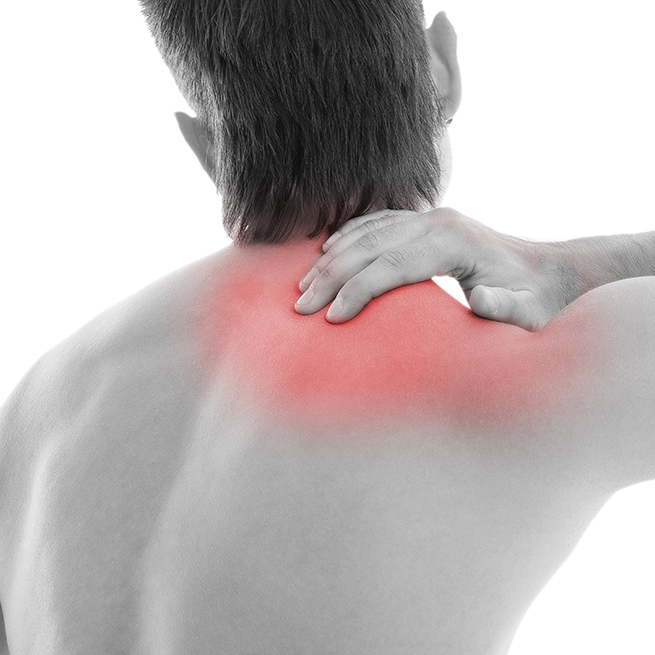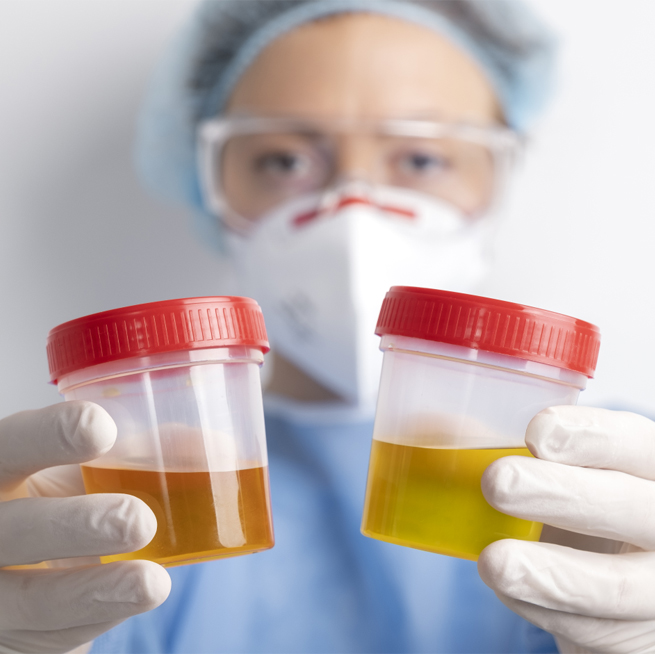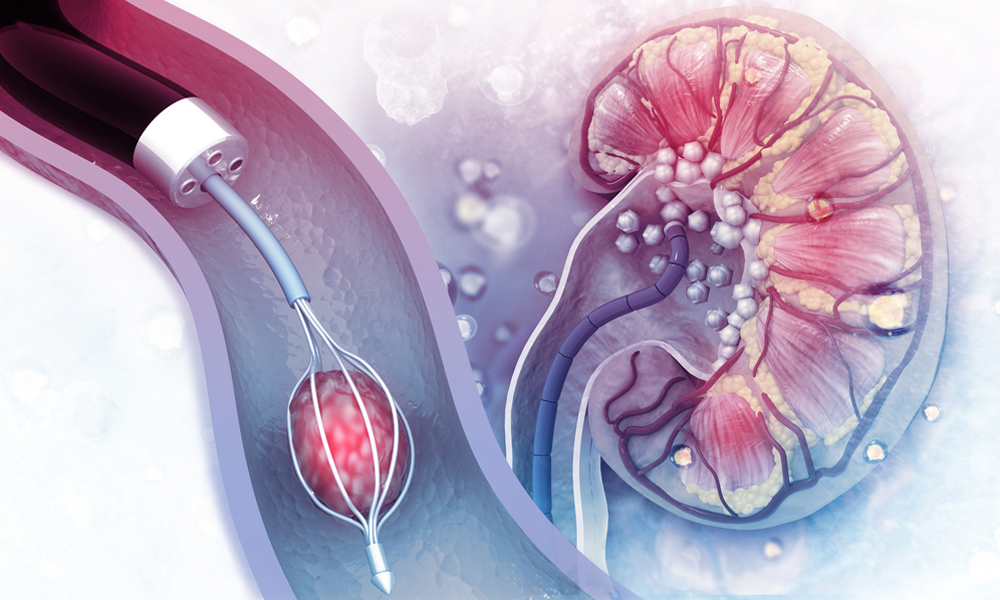-
 Toll Free No 9146-744-744
Toll Free No 9146-744-744 - Appointment
Percutaneous Nephrolithotomy, often known as PCNL, is a minimally invasive inpatient treatment used to remove kidney stones while under general anesthesia. These stones are typically huge and intricate. A tiny incision is made beneath the rib cage on the flank (side of the back) for the PCNL treatment. The urologist enters the kidney through that incision, locates the kidney stone using scopes, and then utilizes an energy tool, such as a Laser or Ultrasound, to break it up.







Large kidney stones with a diameter greater than 15mm are effectively treated with the PCNL procedure.
The PCNL generally takes 1 to 1.5 hours depending on the sizes and numbers of stones also on the medical condition of the patient.
PCNL is done under general anesthesia however; there may be some discomfort after the procedure due to stent insertion when the anesthesia wears off.
The stent is removed by cystoscopy during which the surgeon places a small flexible telescope into the urethra to see and grasp the terminal end of the stent which is placed in the bladder. The procedure takes a couple of minutes to remove the stent.
Avoid heavy lifting for 4 weeks, fast stair climbing long walks, and driving as well as sexual activity.
Patients having severe heart and lung conditions should not undergo PCNL surgery. Also, patients with uncorrectable bleeding disorders and active urinary infections should not go for PCNL surgery.
Kidney stones are solid crystals formed from the salt in urine called renal calculi. Kidney stones can block the flow of urine and can cause infection, kidney damage, or even kidney failure.
Many insurance companies provide coverage for your surgery after a period of few years. Our HospiOne Team can guide you perfectly in this scenario.
OUR PROCESS IS EASY contact us for More information.
Copyright © 2023 hospione.com - All Rights Reserved | Developed by Digital Marketing StudioGenix LLP